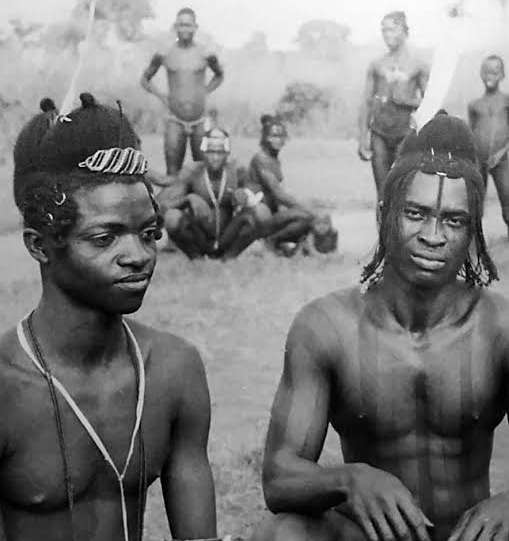Igbo market women
Before European invaders came to change how buying and selling worked in Igbo land, women, particularly Ndi-Ahia in places like Aboh, Ahaba, Onicha has prepared well for both far and near business.
They know more about trade, and they are much in the market, they sell crop harvests, hand-made clothes, and many more things…


